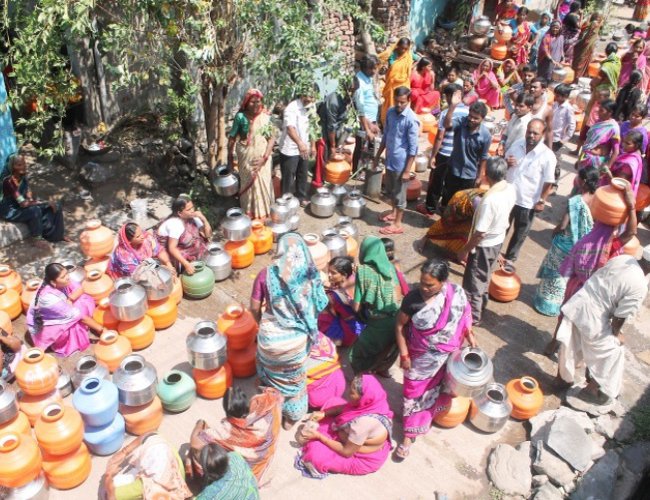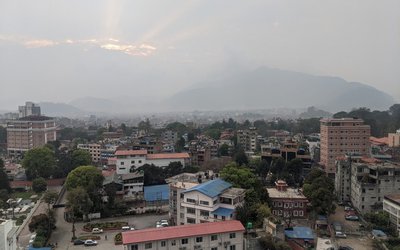
With rising population and limited fresh water resources, at least 25% of the world population will lack access to clean water by 2050. The global demand for fresh water is projected to grow by more than 40% and highly-populated countries like India, China and Bangladesh will face a "chronic or recurrent" lack of clean water.
United Nations Secretary-General Antonio Guterres told the Security Council that "strains on water access are already rising in all regions", noting that three-quarters of the 193 UN member states share rivers or lake basins with their neighbors.
"Water, peace and security are inextricably linked. Without effective management of our water resources, we risk intensified disputes between communities and sectors and increased tensions among nations", Guterres said.
The water crisis on the planet will only get worse in the coming decades.
"If current patterns of consumption continue unabated, two-thirds of the world's population will be facing water shortages as a daily reality by 2025", Morales added.
Currently, over 800 million people across the world lack access to safe drinking water and more than 2.5 billion don't have basic sanitation.
Somalia is already facing acute food shortages and threatening famine and a lack of clean water that is exacerbating the crisis sparked by Boko Haram in northeast Nigeria and sickening thousands.
- TANAHU HYDROPOWER PROEJCT: A Significant Achievement
- Apr 15, 2024
- AMBASSADOR HANAN GODAR: Sharing Pain With A Nepali Family
- Mar 30, 2024
- VISIT OF KfW AND EIB TO NEPAL : Mission Matters
- Mar 25, 2024
- NEPAL BRITAIN SOCIETY: Pratima Pande's Leadership
- Mar 24, 2024
- NEPAL ARMY DAY: Time To Recall Glory
- Mar 15, 2024
















